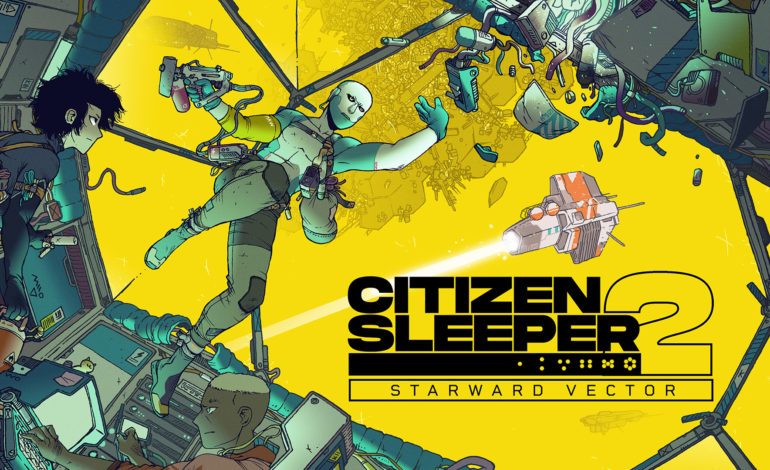

Every now and then, you come across a game you know next to nothing about, aside from a single pitch line. That’s how I felt when I started Citizen Sleeper 2 early last week. A quick search online revealed that it was often described as a “simplified sci-fi version of Disco Elysium.” That alone was enough to pique my interest—I loved Disco Elysium. However, after spending a week with Citizen Sleeper 2, I realized that while it’s a fantastic game in its own right, the comparison was misleading. This is not Disco Elysium. Instead, Citizen Sleeper 2 feels more like a love letter to classic CRPGs from the early 2000s.
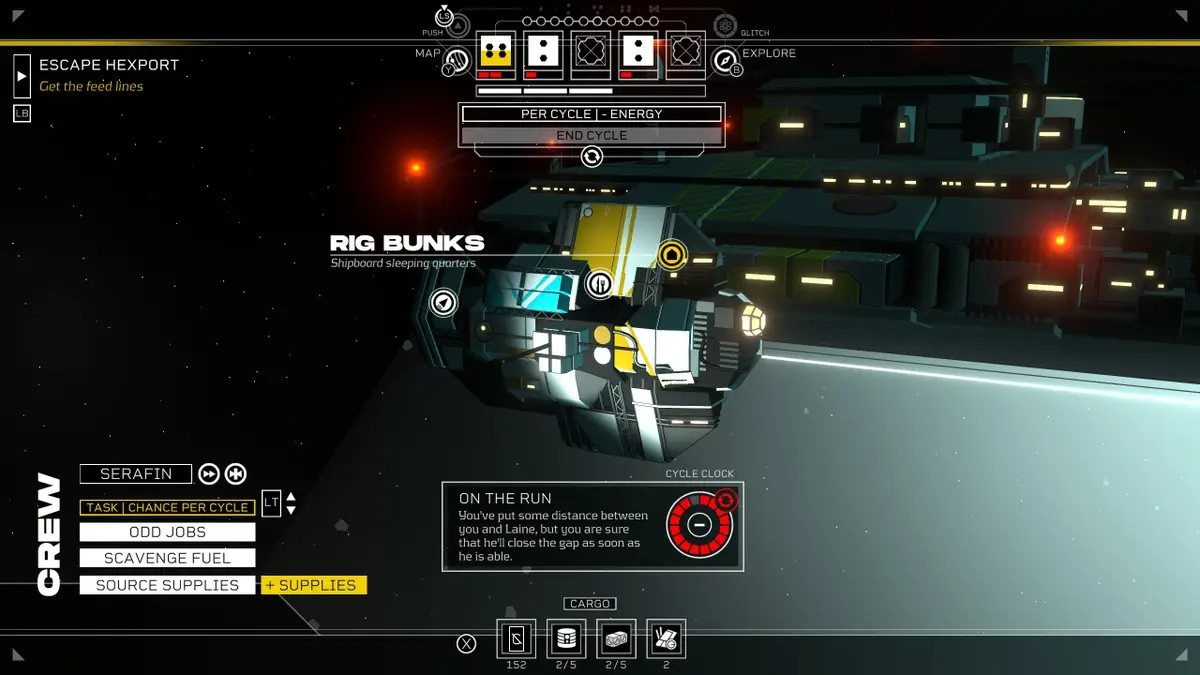

At its core, Citizen Sleeper 2 is a deeply narrative-driven RPG wrapped in a light strategy framework. You play as a “Sleeper”—a digitized consciousness implanted into a synthetic body—who has escaped from the corporation that technically owns them. Stranded on Erlin’s Eye, a decaying space station full of outcasts, criminals, and dreamers, your goal is simple: survive. However, survival is easier said than done. What makes Citizen Sleeper 2 stand out is its dice-based action economy. In each cycle (the game’s equivalent of a day), you roll a set of dice, and those rolls dictate how effective your actions will be. A high roll means success, while a low roll can lead to complications or outright failure. It’s a system reminiscent of classic tabletop RPGs like Dungeons & Dragons or Shadowrun. However, unlike traditional CRPGs that give you full control over stats and dice rolls, Citizen Sleeper 2 introduces a more organic element of chance, forcing you to adapt rather than plan everything perfectly.
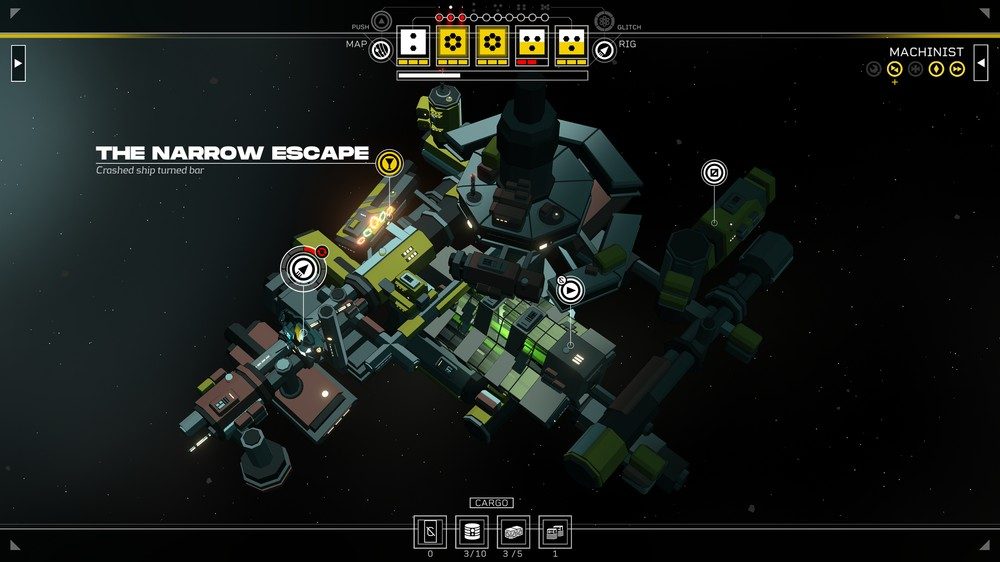

Citizen Sleeper 2 unfolds its narrative gradually through interactions with the station’s many inhabitants. Each character has their own struggles, ambitions, and secrets. The game places a strong emphasis on choice, though not in the traditional binary “good vs. evil” fashion. Instead, choices shape your experience in subtle but impactful ways. For example, do you spend your limited resources helping a struggling mechanic fix up an old ship, knowing it might lead to a potential escape route? Or do you invest your energy into working for a local gang, ensuring protection but indebting yourself to dangerous people? These decisions feel weighty—not because they drastically alter the game’s direction, but because they reflect the harsh reality of scraping by in an unstable world. The writing is excellent, striking a balance between poetic and grounded. Citizen Sleeper doesn’t over-explain its world but is rich with detail. Every interaction, from hacking into old corporate networks to sharing a meal with a fellow outcast, helps paint a picture of a society hanging by a thread. The game excels at environmental storytelling, allowing the player to piece together the larger story through snippets of dialogue, background details, and cryptic messages from the station’s forgotten systems.
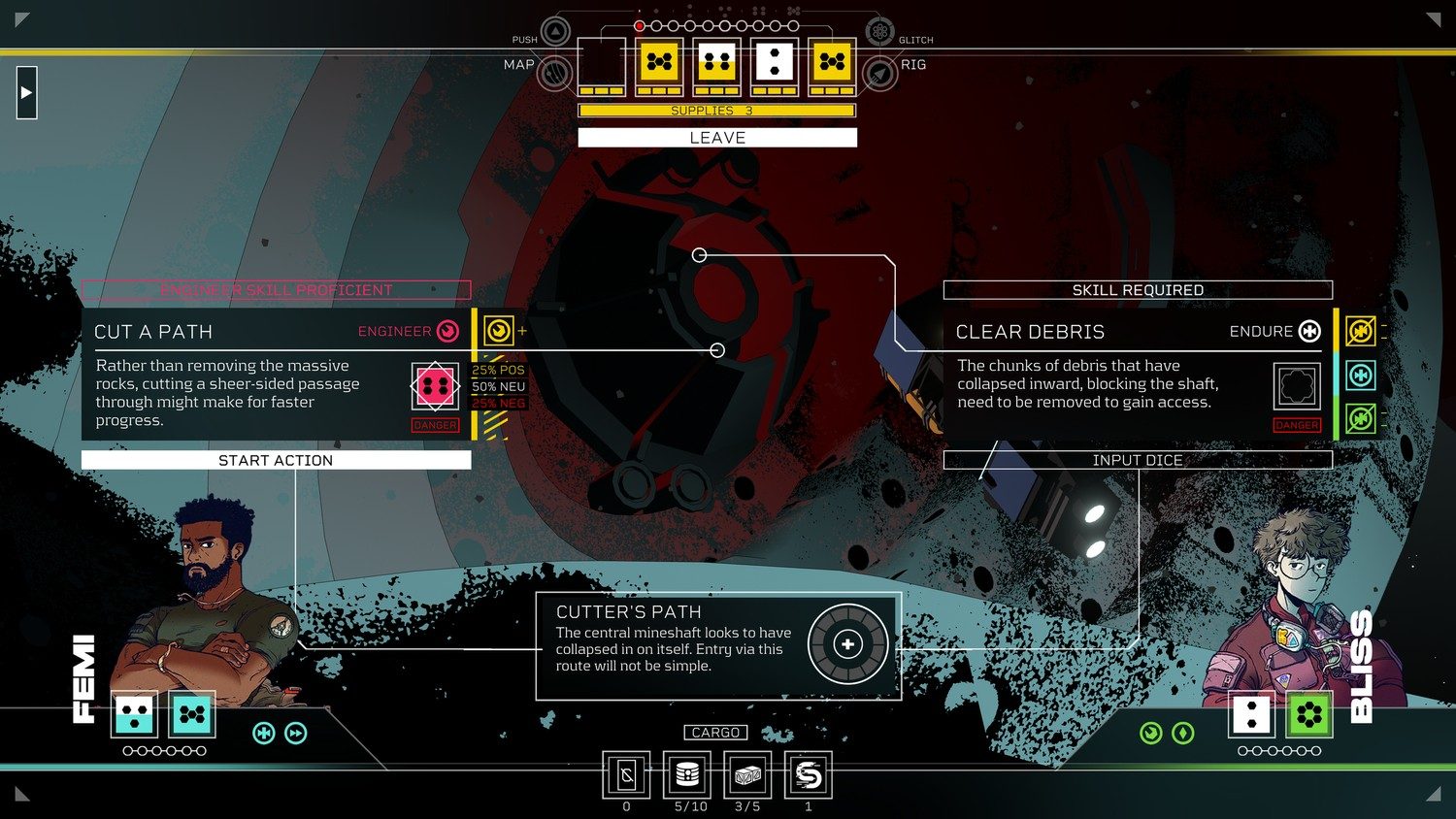

At the start of this review, I mentioned that comparing Citizen Sleeper 2 to Disco Elysium does it a disservice. While both games emphasize narrative and decision-making, Citizen Sleeper lacks Disco Elysium’s open-ended character-building and philosophical depth. Instead, its design philosophy aligns more with classic CRPGs like Planescape: Torment or Arcanum: Of Steamworks and Magick Obscura, where worldbuilding, role-playing, and survival mechanics take center stage. Unlike Disco Elysium, where every skill check is wrapped in layers of internal monologue and ideological ramblings, Citizen Sleeper 2 is more straightforward. Its dialogue is crisp, and its world is bleak but not cynical. There’s less existential dread and more quiet resilience. It’s a game about finding small victories in an uncaring world, about forging connections with those discarded by the larger system.
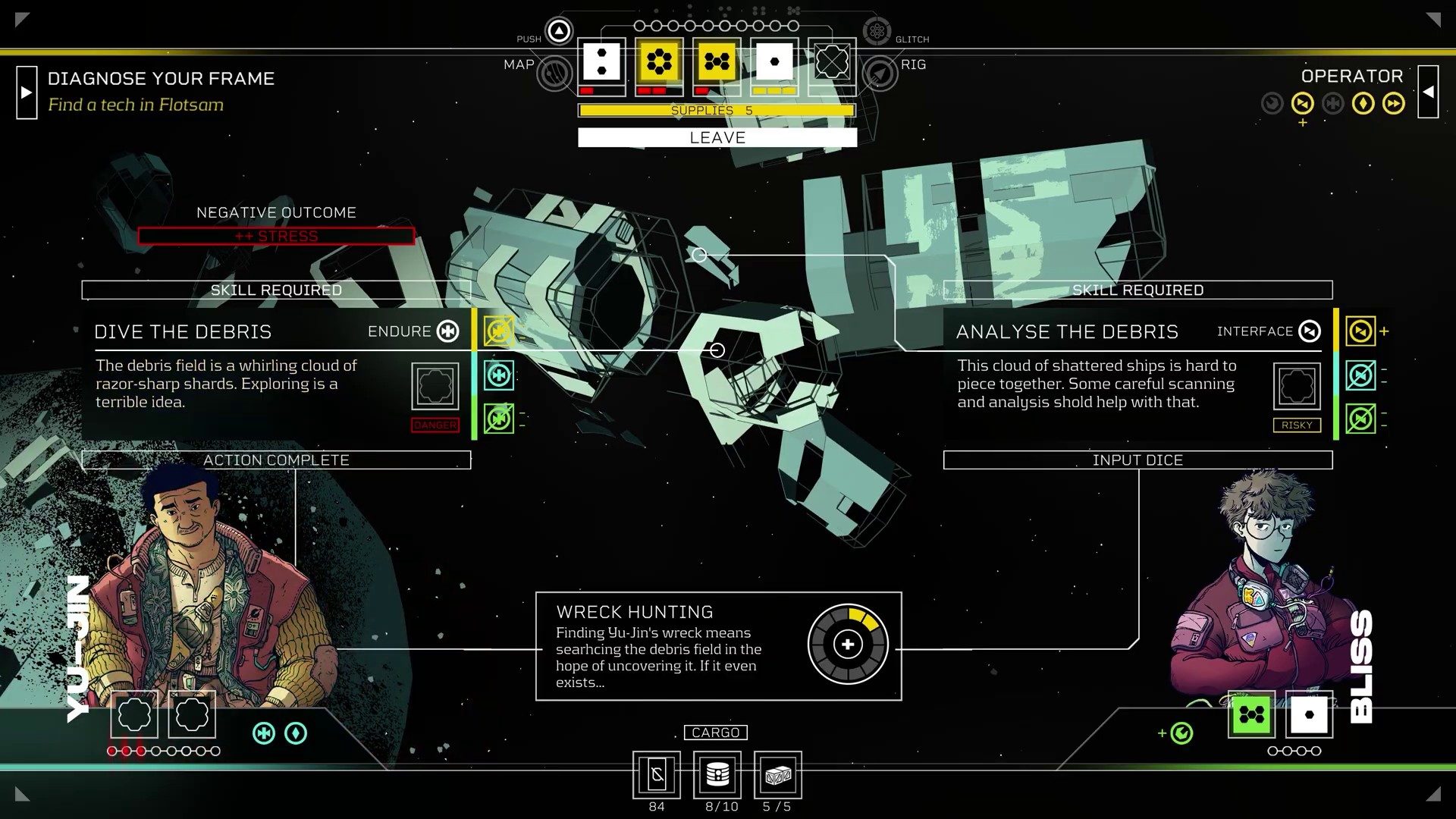

That said, Citizen Sleeper 2 isn’t perfect. While the writing is excellent, the pacing can feel sluggish, especially in the early hours when you’re still adjusting to the dice-rolling mechanics. Some side stories drag on without much payoff. The minimalist art style, while striking, can feel repetitive in some areas. Another minor gripe is the limited scope of character customization. While you shape your Sleeper’s journey through choices, there’s little in the way of personalizing your character beyond those decisions. You’re not defining a personality so much as navigating predetermined survival routes. This isn’t necessarily a flaw, but players expecting Disco Elysium-style role-playing might find it a bit restrictive.
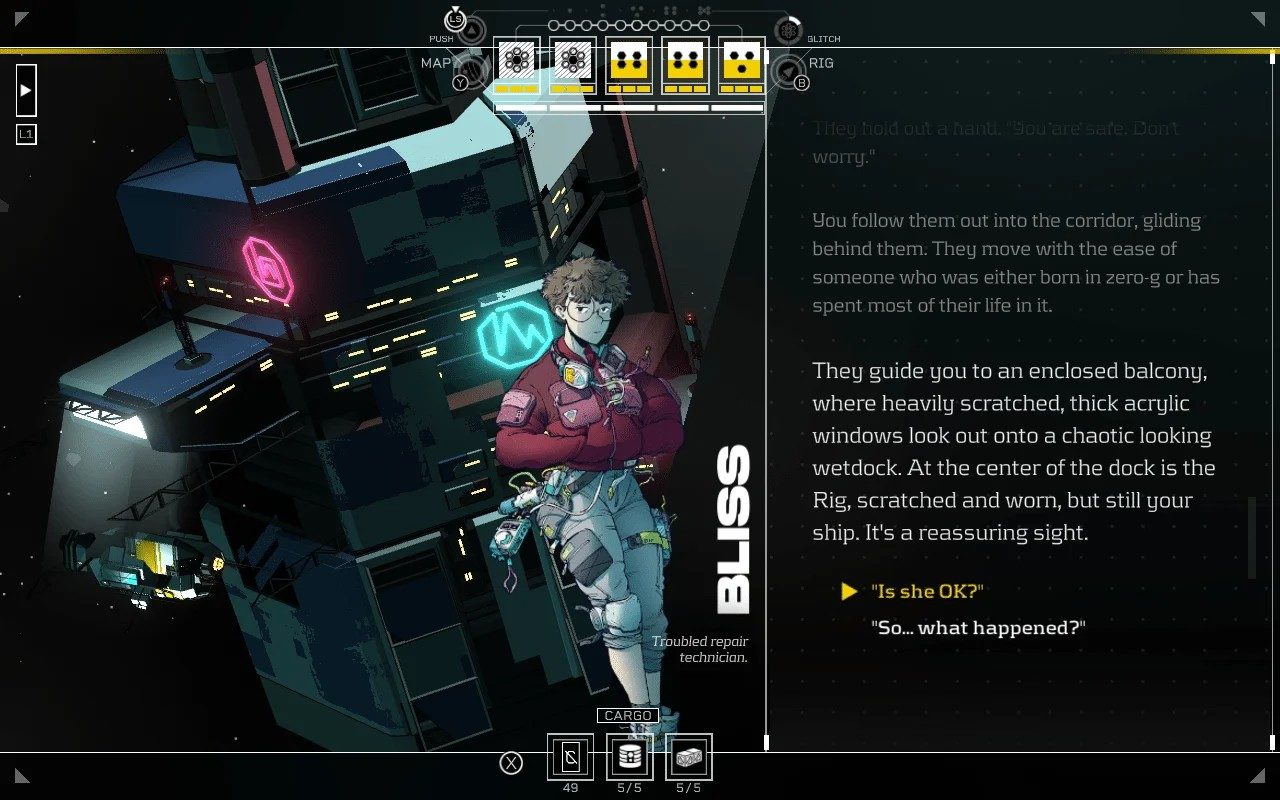

So, should you play Citizen Sleeper 2? If you look at the store page and think, this is for me, then you’ll probably love it. It’s a game made for fans of the genre—those who enjoy slow-burn narratives, atmospheric worldbuilding, and survival-driven RPG mechanics. However, if you’re new to this style of game, its pacing and structure might be a harder sell. But for those who are connected with its vision, Citizen Sleeper offers a rare kind of experience: one where every choice, no matter how small, feels like it truly matters.
Score: 8 out of 10
Reviewed on Xbox Series X
Play games, take surveys and take advantage of special offers to help support mxdwn.
Every dollar helps keep the content you love coming every single day.
